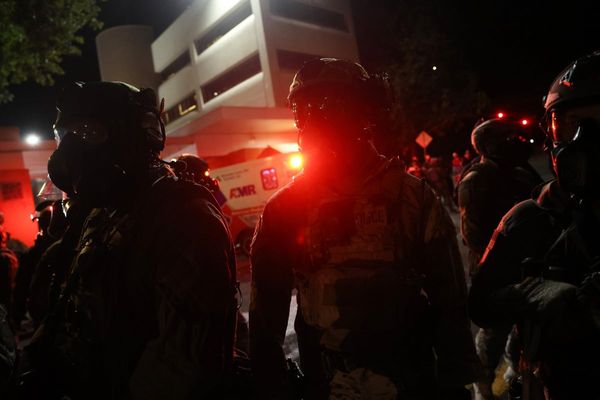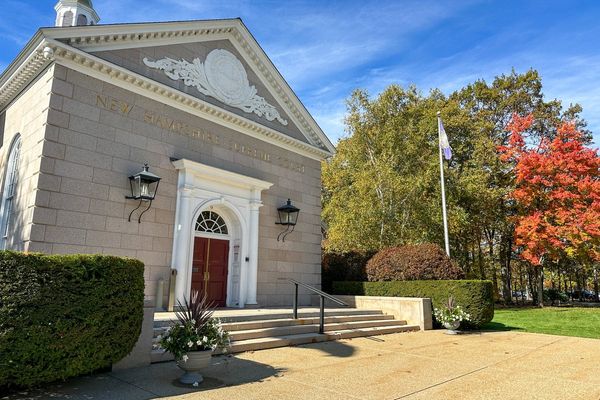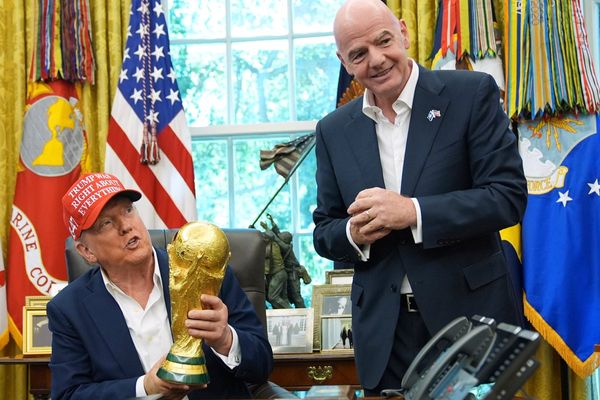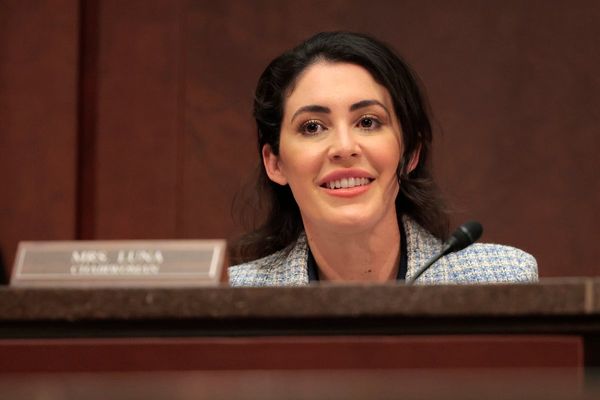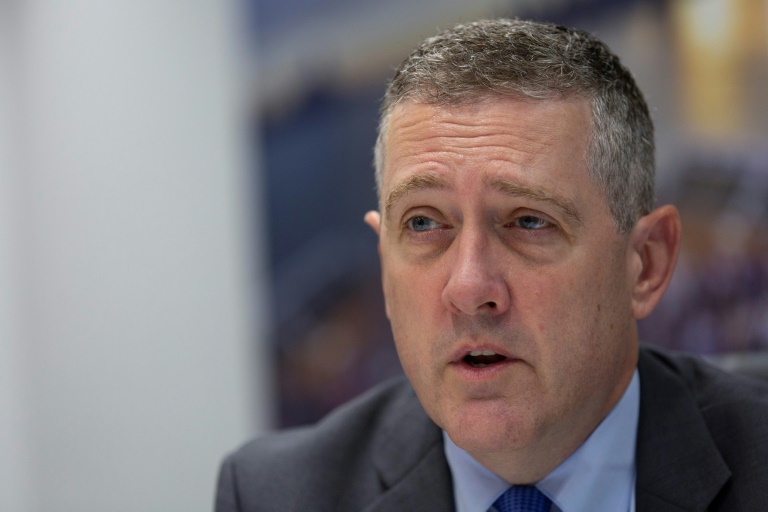
Washington (AFP) - Federal Reserve policymaker James Bullard said Friday he dissented from this week's vote on interest rates because he wanted to see a bigger rate cut as "insurance" for the US economy.
Bullard cited elevated trade uncertainty and said: "US manufacturing already appears in recession, and many estimates of recession probabilities have risen."
The Fed's policy-setting committee on Wednesday cut the benchmark borrowing rate by a quarter-point to a range of 1.75-2.0 percent, but Bullard, president of the St Louis Fed, said a half-point cut "would provide insurance against further declines in expected inflation and a slowing economy subject to elevated downside risks."
He was one of three members of the Federal Open Market Committee who dissented, although the other two favored keeping rates unchanged.
Bullard has long argued that inflation has been stuck too far below the Fed's two percent target, so the US central bank can afford to do more to boost the economy.
As the Fed's preferred inflation measure rose last year, the FOMC raised interest rates four times.But price pressures have been softening since then and is well below the target, and President Donald Trump's trade war with China is having an impact, so the central bank in late July cut the policy lending rate for the first time in more than a decade.
Fed Chair Jerome Powell said while policymakers do not expect a recession, trade uncertainty is creating "cross winds" that are weighing on the economy, crimping business investment and exports.
Bullard said, "It is prudent risk management, in my view, to cut the policy rate aggressively now and then later increase it should the downside risks not materialize.
While some Fed officials worry more about potential price pressures, since the US economy continues to grow at a fairly solid pace and produce historically low jobless rates, Bullard said "there is little evidence that low unemployment poses a significant inflation risk in the current environment."
